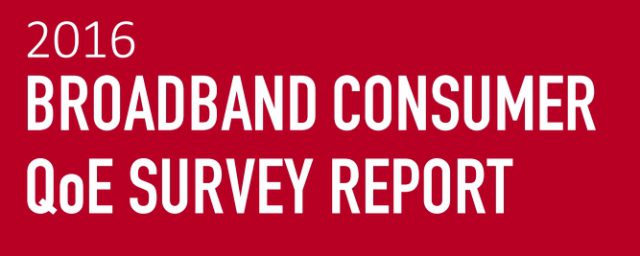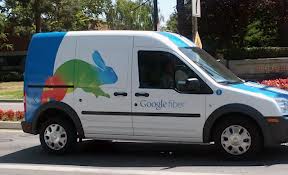 Time Warner Cable Maxx upgrades are on the way for customers in several Wisconsin cities, bringing all-digital cable television service later this year in preparation of boosting broadband speeds up to 300Mbps.
Time Warner Cable Maxx upgrades are on the way for customers in several Wisconsin cities, bringing all-digital cable television service later this year in preparation of boosting broadband speeds up to 300Mbps.
The company has begun notifying customers in the Fox Cities – including Green Bay, Appleton and Oshkosh as well as in southeast Wisconsin, including Milwaukee, Kenosha, Waukesha and Racine that analog television service will be switched off in the next several months.
“Going all-digital brings the benefit of better picture and sound immediately, and will enable us to offer customers faster Internet speeds and additional services in the future,” said Jack Herbert, regional vice president of Time Warner Cable.
The transition to an all-digital network will require video customers without TWC digital equipment (customers who plug their cable line directly into the TV, VCR or similar device) to order a TWC digital adapter.
TWC will offer existing TV customers one or more digital adapters at no charge through at least October 6, 2017. To qualify, customers must order their digital adapters by January 29, 2017. After this free period, each adapter will be billed at the prevailing price, now around $3 a month. Customers can visit www.TWC.com/digitaladapter to place an order or call toll-free 1-844-841-5085 to request equipment. Digital Adapters are also available at most Time Warner Cable stores.
After the free equipment period ends, Stop the Cap! recommends customers return the digital adapters and consider purchasing an online video console such as a Roku device, which supports the Time Warner Cable lineup without recurring equipment rental charges.
Customers can expect free broadband speed upgrades after the digital conversion is complete, with faster Internet access likely available late this year or in early 2017.


 Subscribe
Subscribe
 Incognito’s findings show broadband providers are reducing initiatives to acquire new customers as broadband penetration in the United States approaches 90%. Instead, they want current subscribers to pay more to satisfy demands for higher average revenue per customer. Customers already believe their current ISP is charging too much for too slow service.
Incognito’s findings show broadband providers are reducing initiatives to acquire new customers as broadband penetration in the United States approaches 90%. Instead, they want current subscribers to pay more to satisfy demands for higher average revenue per customer. Customers already believe their current ISP is charging too much for too slow service. A fiber upgrade offering 17 million homes in the United Kingdom broadband speeds up to 200Mbps is proving controversial in parts of York because a local councillor is concerned the project will wreak havoc with the area’s daffodils.
A fiber upgrade offering 17 million homes in the United Kingdom broadband speeds up to 200Mbps is proving controversial in parts of York because a local councillor is concerned the project will wreak havoc with the area’s daffodils.

 Google Fiber has quietly unveiled its own discount Internet plan for the income-challenged that vastly simplifies the hoops consumers have to successfully jump through to enroll.
Google Fiber has quietly unveiled its own discount Internet plan for the income-challenged that vastly simplifies the hoops consumers have to successfully jump through to enroll.